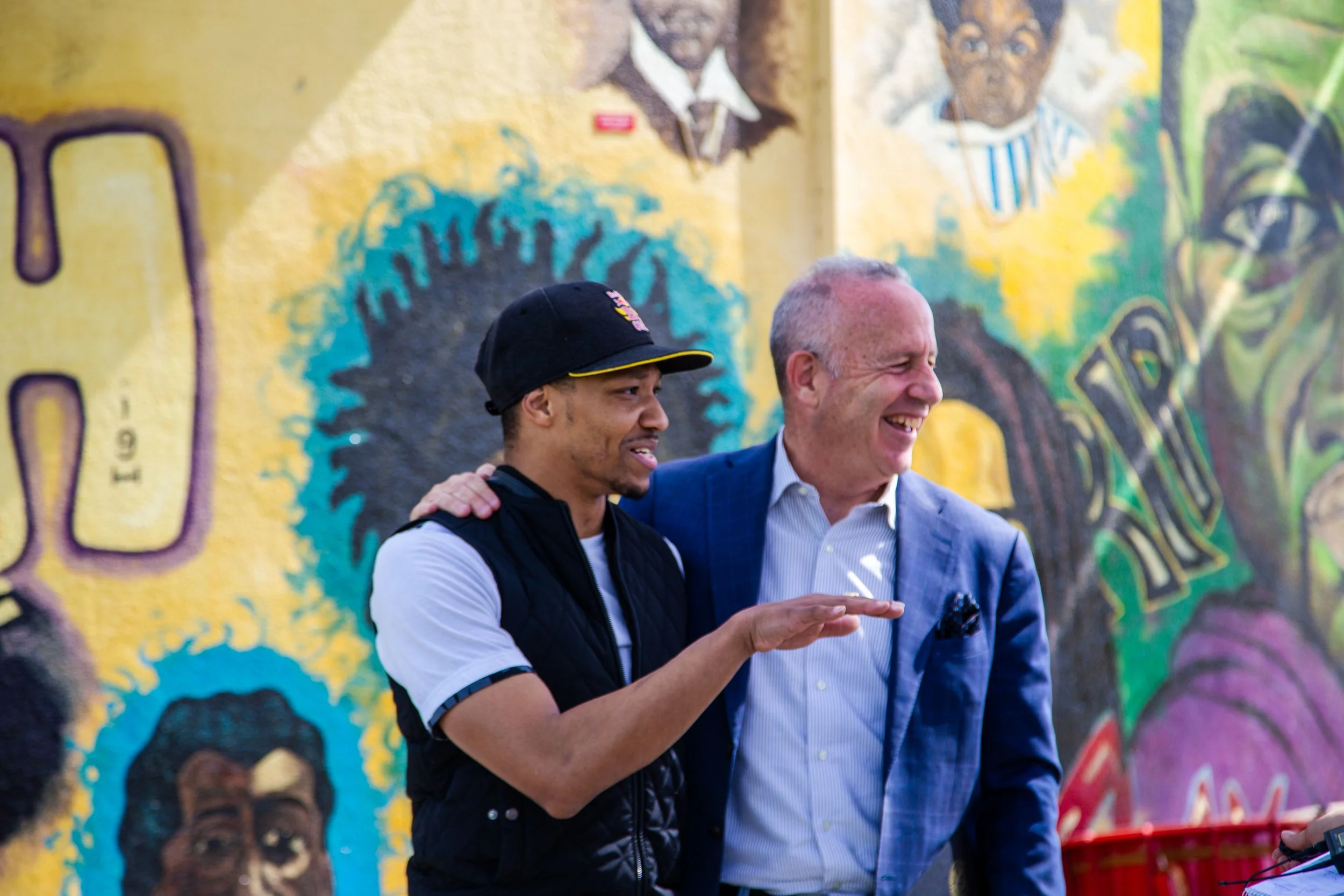November ballot would require the City to produce more shelter for homeless
Sacramento (April 8, 2022) The City Council voted Wednesday to place a measure on the November ballot that would require the city to produce enough emergency shelter space to house the majority of those experiencing homelessness.
If passed by voters, Sacramento would be the first city in the state, and likely the first in the country, to voluntarily hold itself to a legal shelter production standard. Similar requirements in Southern California have been the result of citizen lawsuits, not voluntary legislative action.
Mayor Steinberg joined the majority of the City Council in voting to put the measure on the ballot. The proposed ordinance grew from the Mayor’s years-long push to get local and state governments to hold themselves legally accountable for getting more people indoors. Last year, Mayor Steinberg proposed that Sacramento adopt a right to housing.
The city’s Grove emergency housing for young people ages 18-24
“In the end, one has to judge whether or not a measure of this import with improve the quality of our life in this city and ensure that more people who are homeless and unsheltered and forgotten will get the help they need that they currently are not getting,” Mayor Steinberg said at the close of Wednesday’s meeting. “My conclusion is that, on balance, the answer is yes.”
The city currently has about 1,100 shelter beds and spaces on any given night. The measure would require that the city supply enough beds and spaces to accommodate up to 60 percent of people counted in the 2022 Point-in-Time count. Results have not been released yet, but the total number of unsheltered people in the city limits is expected to be about 10,000 — meaning the city would need to have a total of about 6,000 beds and spaces.
Campers could not be moved without being offered an emergency organized camping or shelter space. Neighbors affected by encampments could file complaints with the city.
The measure approved Wednesday represents a compromise with a business group that had pushed a more aggressive measure that could have bankrupted the city. The compromise measure says that if state and federal resources are insufficient to build the needed shelter, the city will annually allocate half of its unobligated general fund resources — up to a maximum of $5 million.
A dormitory in the City’s Meadowview shelter for women





